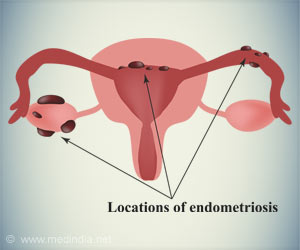The type of protein in the diet is not as essential as the overall amount of weight loss for those with type 2 diabetes (T2D), according to new research from the University of Alabama in Birmingham (1).
High-Protein vs. Low-Protein Diet for Type 2 Diabetes Patients
In the study, 106 persons with T2D were randomly assigned to either a high-protein or a low-protein diet for 52 weeks. Both diets were low in energy. The high-protein diet recommended consuming lean beef, but the normal-protein diet directed participants to avoid eating any red meats. A high-protein diet (40% of total calories from protein) and a moderate-protein diet (21% of total calories from protein) were both helpful in improving glycemic management, weight loss, and body composition in adults with type 2 diabetes, according to the researchers.
According to lead author James O. Hill, professor in the UAB Department of Nutrition Sciences and director of the UAB Nutrition Obesity Research Center, and co-author Drew Sayer, Ph.D., in this context of comparing two overall healthy dietary patterns that differ in the amounts of dietary protein and carbohydrate, as well as the inclusion/exclusion of lean, minimally processed beef, the results show an individual difference.
Comparing High-Protein Lean Beef Diet with Normal-Protein Diet for T2D Patients
For 52 weeks, 71 study participants followed a higher-protein diet with four or more 4- to 6-ounce meals of lean beef per week (as the only source of red meat) or a normal-protein diet with no red meat. The high-protein diet consisted of 40% protein, 32% carbohydrate, and 28% fat of total energy, whereas the normal-protein diet consisted of 21% protein, 53% carbohydrate, and 26% fat of total energy (which is higher in protein than the average American diet, with protein intake averaging 14-16% of total energy).
All individuals had type 2 diabetes and were on the State of Slim weight management program, with both diets being calorie-restricted and restricted to food lists for each phase of the SOS program. In addition, individuals gradually increased their
Advertisement
Weight Loss: The Key Factor in Type 2 Diabetes Management
- Both a high-protein diet that contains red meat and a low-protein diet that does not include red meat are helpful for weight loss and blood sugar control.
- Weight loss, independent of diet composition, is the most important component in controlling type 2 diabetes.
- During a weight loss program, excluding red meat has no added benefits for weight loss or blood sugar control.
References:
- https:doi.org/10.1002/oby.23815
Source: Medindia



